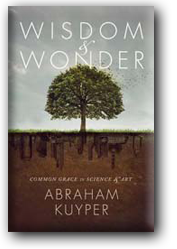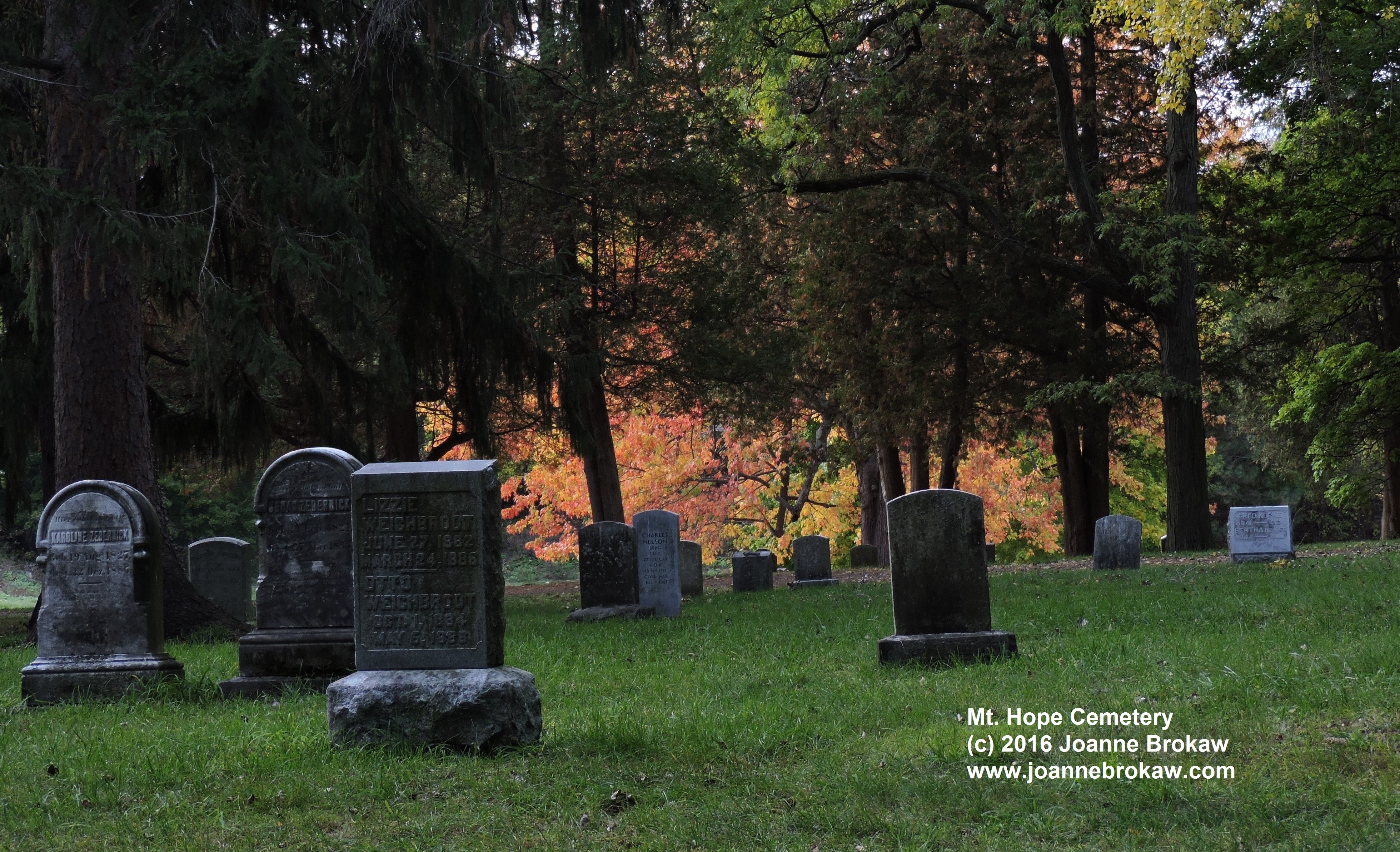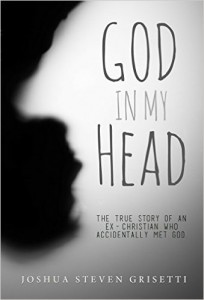I should know better than to volunteer to read and reflect on a book written by an historically renowned theologan. I usually take my theology with two dog biscuits and a pot of tea.
But when offered the chance to reflect on “Wisdom & Wonder: Common Grace in Science & Art” by Abraham Kuyper, I raised my hand before I realized what a challenge it would be.
Not intellectually challenging. Despite my “aw shucks, I’m a dummy” attitude, I’m actually a college educated, deep thinker. (Honest!) This was challenging in an “I have to read with a pencil in one hand and a notebook in the other” kind of way that allows me to read maybe a page or two a day because I have to digest the thoughts before I move on.
Deep stuff that wakes up the brain cells.
Take, for example, this idea that God exists as independent thinking, thinking which preceeded creation: “God was inspired by no one outside of himself,” Kuyper writes, adding later:
“[T]hen it must be the case that the divine thinking must be imbedded in all created things. Thus there is nothing in the universe that fails to express, to incarnate, the revelation of the thought of God.”
Nothing in the universe fails to express the thought of God. Not even spiders or bats.
We often think of man alone as the divine expression of the creator, but what about the animals? Kuyper differentiates between revealing the thought of God and having the capacity to actually reflect that thinking:
“No matter how significantly a fish may live in the water, the fish knows nothing of the composition of the water, the capacity that the water has to keep a body afloat, or of the nourishing properties contained in the water.”
Man does. So what about the relationship between man and the animals? Adam named the animals, but what purpose did that serve, Kuyper asks. Eve wasn’t created yet, so no one was around to hear him call Fido. The naming of the animals, and Adam’s relationship to them, was much deeper.
“Adam immediately perceived the nature of each animal, and expressed his insight into the animal’s nature by giving it a name corresponding to its nature.” It’s not a perception we humans have today; we can only “invent new names in our own language to express the essence of things only by means of linguistic composition or adopting words already in use. We can no longer create language.”
Translation: you can’t invent a new word for “dog” that isn’t just a translation of another word for dog.
But Adam? He had the ability to not just see or hear or smell the animals, but actually perceive the very essence of their nature, and to express it in a way we will never be able to understand.
Which all leads me to this question: If all of creation is an expression of God’s divine thinking, and if Adam was allowed to intimately perceive the very nature of the animals, how then are we to respond? It’s easy to get bogged down in the specifics of animal issues, like eating meat or using a shock collar to train your dog or the pros and cons of genetically modified foods and monoculture farming.
But if, as Kuyper writes, “The whole creation is nothing but the visible curtain behind which radiates the exalted working of this divine thinking”, it’s worth considering whether we’ve taken seriously the stewardship God has given us over creation. Through that lens, a cat or a dog or a chicken or a cow isn’t just a pet or livestock or our next meal.
They’re the actual physical expression of the divine thinking of the creator of the universe.
Take some time to digest that.
You can read more thoughts about “Wisdom & Wonder” from other writers and bloggers on the Patheos Book Club.












